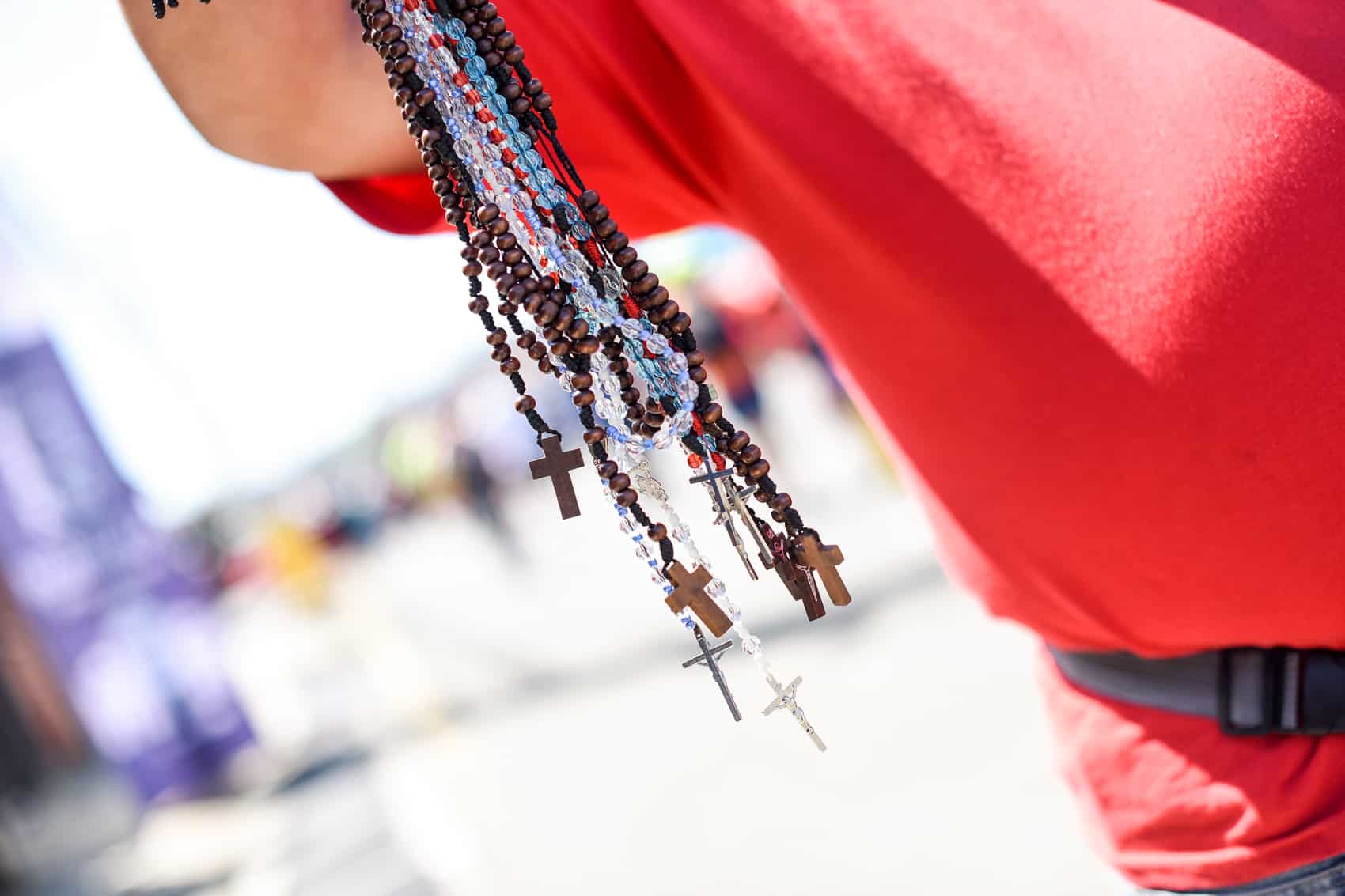Globalization has brought Christmas trees and overdressed Santa Clauses to tropical Costa Rica. But the old customs, those that came from Spain with the early settlers, still prevail. Other traditions, born here as a mixture of cultures, have been part of the holidays as long as anyone can remember.
The portal or pasito, the nativity scene, is still the most important part of Christmas in Costa Rica. It must, at least, include the three figures of the Holy Family, one cow and one donkey. The figure of Jesus is added at midnight on Noche Buena, Christmas Eve.
In most homes, a variety of other figures have been added to the scene: shepherds, sheep and angels, mainly, but also chickens, roosters, cats and dogs.
The nativity scene begins with lana or moss, found around trees in the woods and colored in sandy hues to landscape around the stable, cave, hut or shoebox that comprises the home where Jesus made his first appearance. Add cypress branches, potted plants, stars and creativity, and each portal is unique.
Recent years have brought about a revival of interest in nativity scenes, with neighborhood contests and ingenuity producing wondrous tableaux with blinking lights, flowing water and recorded hymns. Families add whatever feels important, such as photographs of family members.
Some neighborhoods host live portales with humans portraying the Holy Family, complete with incongruities such as shepherds wearing watches or Jesus squalling from the itchy hay while friends and neighbors crowd around to say the rosary and sing villancicos, or carols.
Figures of the three kings, with or without camels, make their appearance on Jan. 6, and many Ticos celebrate the day with a rosary.
Rosaries to the Christ child are still popular, with friends and neighbors meeting at a home to recite the rosary in front of the nativity scene, followed by cookies, coffee or rompope (eggnog). Years ago, everyone had a rosary, so you went to one every night. In some homes, guitar music and singing accompany this custom.
Christmas presents and toys for the children did not become a custom until the 1880s or so, when German merchants, among them Lehmann (of Librería Lehmann) and Federspiel (of Librería Universal), opened stores here.
In the far-off campo or countryside, children received homemade toys, wooden trucks and oxcarts and dolls made at home. Toy oxen were made of corncobs and carts from sardine tins. Toys and sometimes coins were found under pillows on Christmas morning, sneaked in by the Christ child.
This article first appeared in 2010






